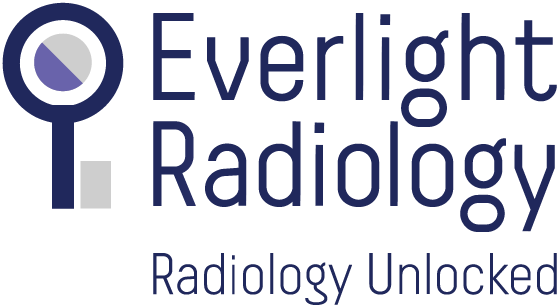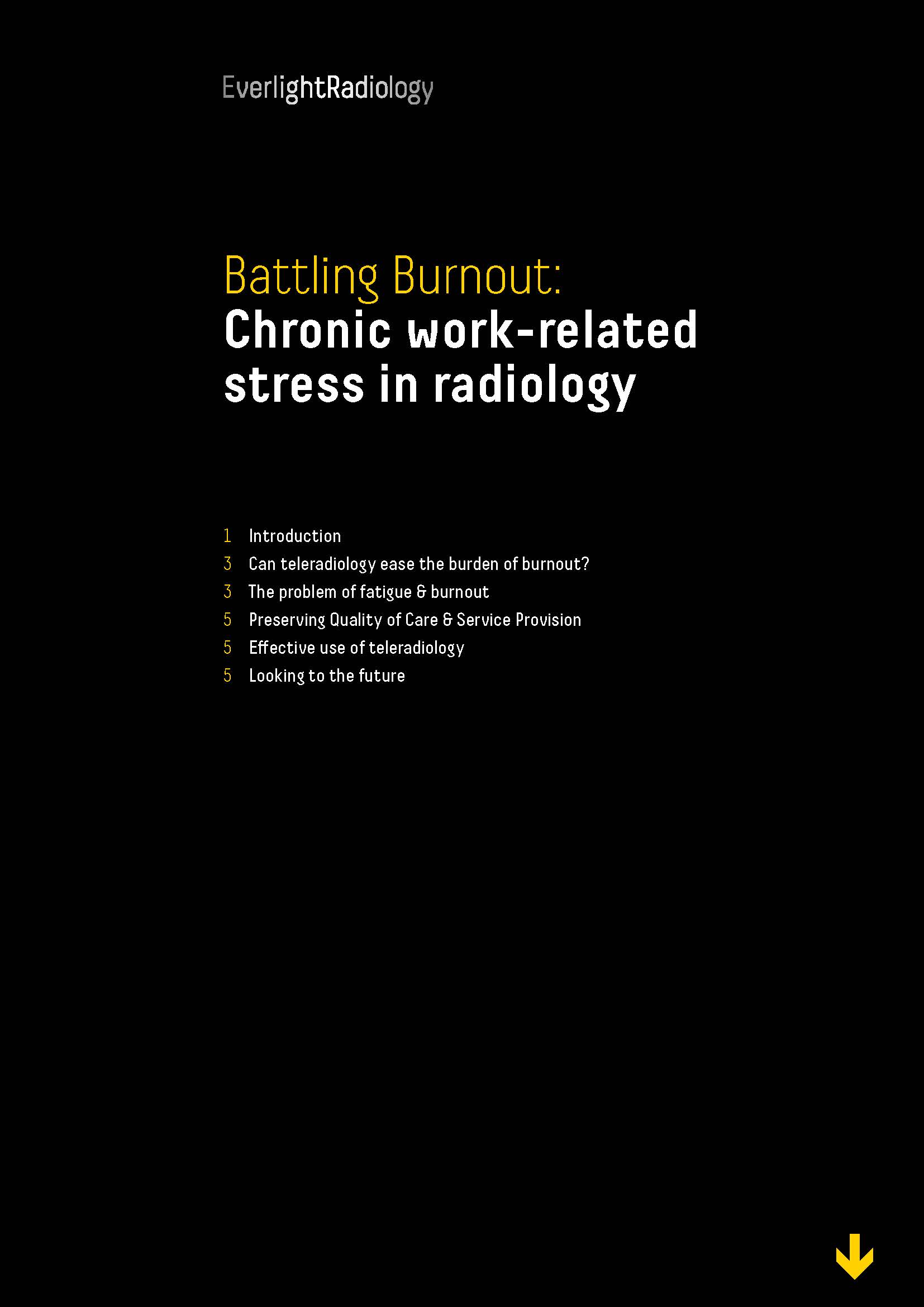‘Burnout’ is a term we hear increasingly frequently within the global healthcare industry, with radiology departments in the UK in particular under increasing pressure to deliver a growing number of scans with a finite pool of skilled consultants. In the 2020 National Physician Burnout and Depression Report, radiologists rank in the top five medical specialties as most burned out.
Burnout itself describes a state where chronic work-related stress leads to symptoms of mental and physical exhaustion, and feelings of detachment, which affect an individual’s work, home and social life. It impacts not just on radiologist wellbeing, but on patient outcome and provider efficiency and effectiveness too.
Heavy workloads contributing to radiologist burnout
Burnout in Medicine generally and Radiology in particular is a growing concern. The General Medical Council’s latest annual survey of the UK’s trainee doctors, published in July 2022 and based on responses from around 67,000 medics, found that “the risk of burnout is now at its worst since it was first tracked in 2018” due to heavy workloads, in part because of the impact of the Covid-19 pandemic. The Royal College of Radiologists (RCR) ‘Care is not just for the patient’ support and wellbeing report April 2021 highlights the prevalence of overwork and fatigue, stating ‘most people working in healthcare have experienced the effects of exhaustion or disengagement, either directly, or observed in one of our close colleagues.’[2] The RCR warns that stress and burnout are affecting Radiologists’ quality of life, impeding communications between colleagues and patients, and ultimately affecting patient safety and experience.
In a recent study published by the British Medical Journal (BMJ), which analysed 170 previous observational studies of the links between burnout, career engagement and quality of patient care, authors Hodkinson et al found that burnout was associated with a threefold to almost fourfold increase in the in the odds of job dissatisfaction and regrets about career choice, that physicians with burnout were three times more likely to consider quitting than staying in their jobs, and that burnout was associated with significantly lower productivity.
Dealing with the radiology backlog
Understaffed Radiology departments, already dealing with the stress and struggle of the pandemic, are now faced with a steep rise in work as the whole healthcare system tries to catch up with the patients whose management was deferred or delayed during lockdowns.
Within the UK there was a backlog of 370,000 CT and MRI scans as of September 2020. Yet the current radiology workforce stands at just two thirds of adequate capacity, with a 33% shortfall of radiology consultants, forecast to grow to 44% by 2025.[11] The RCR’s 2020 census warned that over half (58%) of radiology leaders say they do not have enough radiologists to keep patients safe. As a result, the existing pool of radiologists is being stretched beyond its capacity.
To read the full report, download the white paper here.



-1.png?width=366&height=275&name=MicrosoftTeams-image%20(8)-1.png)